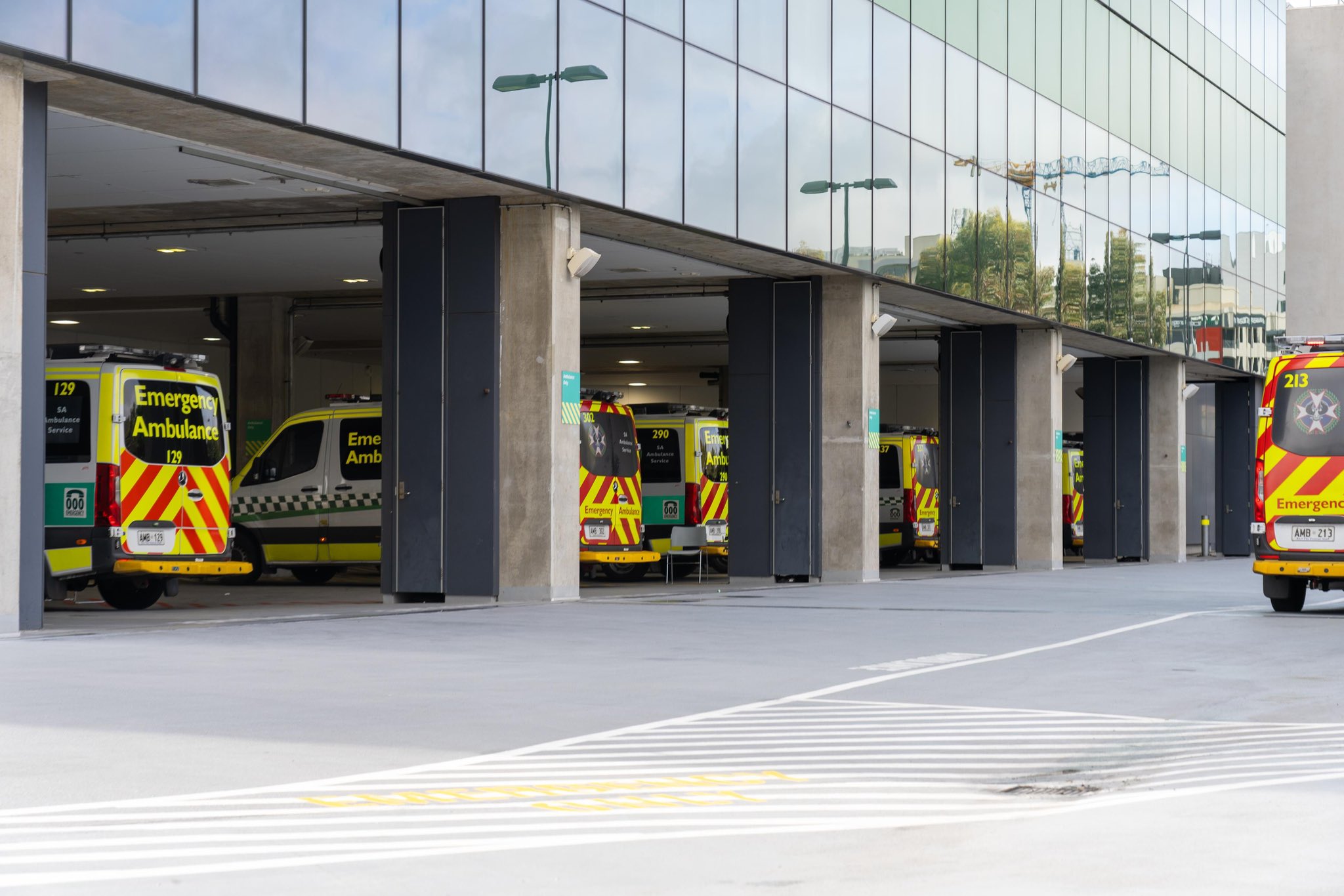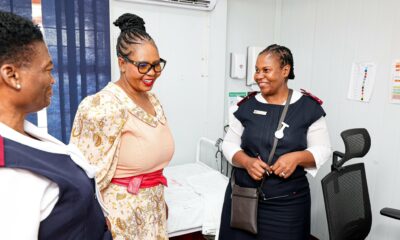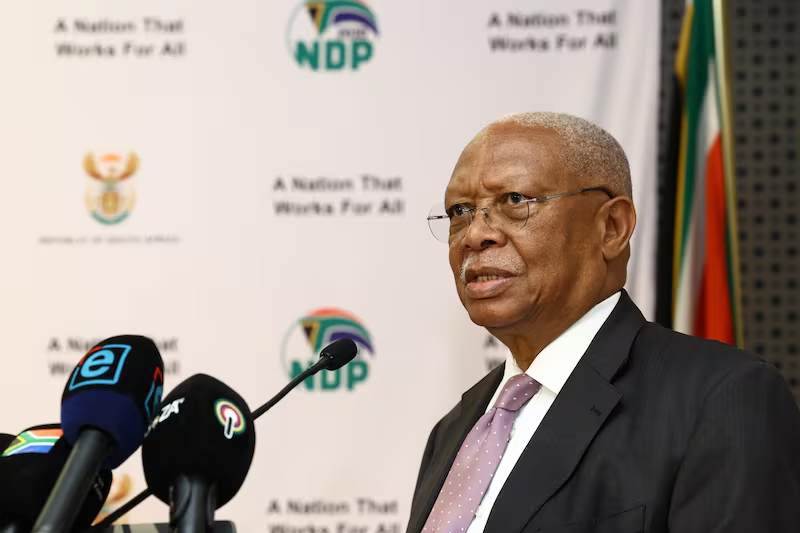News
Broken Sirens, Broken System: Why South Africans Can’t Rely on Emergency Care

A crisis no siren can outrun
In South Africa, the difference between life and death may come down to a delayed ambulance or no ambulance at all.
From the dusty roads of rural Eastern Cape to the congested highways of Gauteng, South Africans are waiting. Waiting for help that may never arrive. And when it finally does, there’s no guarantee that the hospital has the capacity or the staff to save you.
This isn’t just an administrative issue. It’s a full-blown healthcare emergency.
The numbers are shocking, but the stories are worse
Health Minister Aaron Motsoaledi recently confirmed that South Africa is short by 2,000 ambulances—a critical deficit for a country of over 60 million people. According to emergency law specialists DSC Attorneys, the consequences of this shortfall are already being felt. Delays in emergency care have led to life-altering injuries and preventable deaths. Some patients wait hours for medical assistance; others never receive it.
It gets worse. Even if you manage to get to a hospital, chances are slim that you’ll find space in an intensive care unit (ICU). Professor Fathima Paruk, a leading expert in emergency and critical care at the University of Pretoria, estimates a shortage of 10,000 ICU beds, primarily in the public sector, where resources are fixed and inflexible.
“In the private sector, you can literally create an ICU bed,” Paruk explained. “In the public sector, you have x number of beds, and that’s it.”
Not all provinces are suffering equally
The disparity in care between provinces is stark. In the Western Cape, EMS response times and hospital resources are far better compared to Limpopo, North West, or KwaZulu-Natal, where ambulances are scarce and hospitals under-equipped. This geographical lottery leaves millions in underserved areas vulnerable.
On social media, South Africans aren’t staying quiet. A TikTok video of a woman live-tweeting her three-hour wait for an ambulance in Soweto went viral, igniting a firestorm of outrage and heartbreak. “If I die, tell them I was waiting,” she typed.
Not just a bed problem, it’s a people problem too
Professor Paruk highlights another dangerous gap: skills shortages. Even where ICU beds exist, they can’t operate without trained personnel. Only 25% of ICU nurses in South Africa are qualified in critical care. And for the most severe cases, the country has fewer than 100 critical-care subspecialists, also known as intensivists.
Why so few? A chronic lack of training posts and a failure to incentivize specialization in public hospitals have left the system woefully unprepared for today’s healthcare demands.
Legal timebomb: When the system fails, someone pays
The consequences of this broken system are more than just medical, they’re legal. DSC Attorneys warns that liability can fall anywhere along the emergency response chain. Provinces could face lawsuits if poor management led to delays. EMS providers could be liable for negligence. Hospitals could be sued for failing to coordinate care.
And the government is already feeling the sting. Medical negligence claims have ballooned to over R100 billion in liabilities since 2015, with R33 billion currently under investigation for suspected fraud by the Special Investigating Unit (SIU).
What’s missing? Leadership, reform, and political will
South Africa’s emergency care system didn’t fall apart overnight. It’s the product of years of underfunding, staff mismanagement, and inequitable healthcare access. Promises to modernize the system under National Health Insurance (NHI) have been slow to materialize, while private hospitals continue to outpace public ones in both service and scalability.
But the stakes are too high to delay action any longer. Every delayed ambulance is a risk. Every empty ICU bed a tragedy. And every medical worker without the proper training, a reminder that without systemic reform, South Africans will continue to suffer in silence or worse, die waiting.
We don’t just need more ambulances. We need accountability, equity, and an honest reckoning with what it means to really deliver emergency care in South Africa. Because right now, the system isn’t just strained, it’s collapsing.
If you or someone you love has ever waited for an ambulance that didn’t come, you already know: South Africa’s emergency services are not just on the brink, they’re in crisis.
{Source: BusinessTech}
Follow Joburg ETC on Facebook, Twitter , TikTok and Instagram
For more News in Johannesburg, visit joburgetc.com


























